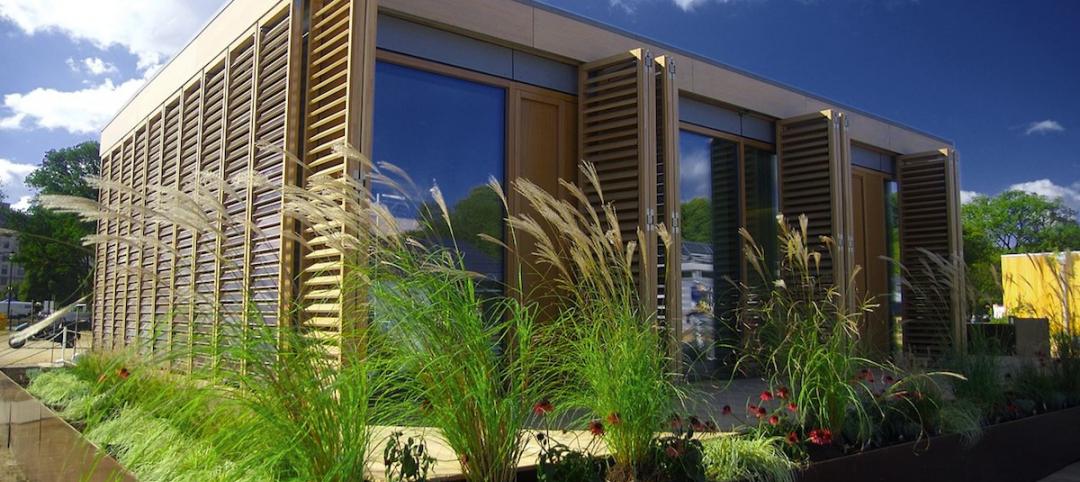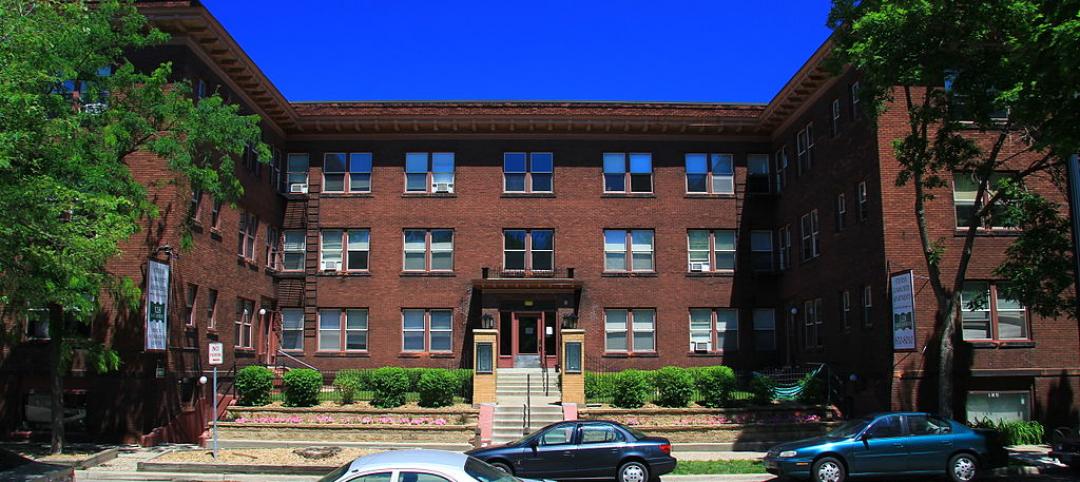While organizations such as the International Code Council set energy efficiency standards, in the U.S., state and local governments have the responsibility of adopting their own building codes.
This decentralized approach to code adoption means much of the work of reducing the carbon impact of buildings is occurring in statehouses and city halls. As a result, a growing group of clean energy and efficiency advocates are focusing on instituting local code amendments that improve on the model code.
In Minnesota, for instance, a coalition of cities and environmentalists are advocating for policy that would shift commercial buildings to net-zero by 2036. The New Buildings Institute (NBI) has submitted code proposals in that state to make new buildings electric-ready. NBI is also working on proposals for Wisconsin and Michigan.
New York, Seattle, and Massachusetts have strengthened building codes beyond the national standard, while lawmakers in nearly 20 states, including Wyoming, Iowa, and Colorado, have considered legislation that would prohibit bans on gas in new buildings. These developments indicate that the fight over energy efficiency code provisions is likely to heat up.
Related Stories
Codes and Standards | Jul 31, 2015
Report offers urban design recommendations for healthier cities, fewer traffic fatalities
Provides concepts for creating safer streets
Codes and Standards | Jul 31, 2015
2015 gypsum fire resistance design manual released
The 2015 edition contains nearly 100 new systems that supplement existing assemblies for walls and partitions, floor-ceiling systems, area separation walls, and many others.
Codes and Standards | Jul 27, 2015
New York City changing zoning rules to reduce shadows cast by high rises
For decades, the New York City’s zoning rules have made it hard to construct high-rise buildings that seem airy and minimize the shadows they cast. The city planning department is now working to change that.
Codes and Standards | Jul 27, 2015
ICC, ASHRAE outline roles to consolidate IgCC and 189.1
"IgCC Powered by 189.1” will provide the design and construction industry with “the single, most-effective way to deliver sustainable, resilient, high-performance buildings," according to the trade groups behind the agreement.
Codes and Standards | Jul 27, 2015
Tennessee county considers local worker requirement on construction projects
A proposed amendment to the charter governing Nashville and Davidson County would mandate that 40% of work hours on city- or county-funded construction jobs costing at least $100,000 be completed by residents.
Codes and Standards | Jul 27, 2015
New guide for installation of mineral fiber pipe insulation on chilled water systems
Developed for professional insulation contractors, the 36-page guide recommends methods for insulating chilled water piping systems using a vapor-sealed mineral fiber pipe insulation.
Green | Jul 23, 2015
NASA: U.S. headed for worst droughts in a millennium
Data from NASA shows carbon emissions could be the driving force behind devastating water shortages and record droughts in the western U.S.
Multifamily Housing | Jul 16, 2015
Minneapolis relaxes parking requirements on new multifamily buildings
The city cut the number of spots required for large developments by half. It also will accept plans with no parking spaces in certain cases.
Codes and Standards | Jul 16, 2015
Berkeley, Calif., adopts balcony inspection program following deadly collapse
Apartment building balconies will be subject to inspections every three years under new regulations adopted following a deadly collapse.
Codes and Standards | Jul 16, 2015
Oregon to spend $300 million for seismic updates on public buildings
A survey found that more than 1,000 Oregon school buildings face a high risk of collapse during earthquakes.















